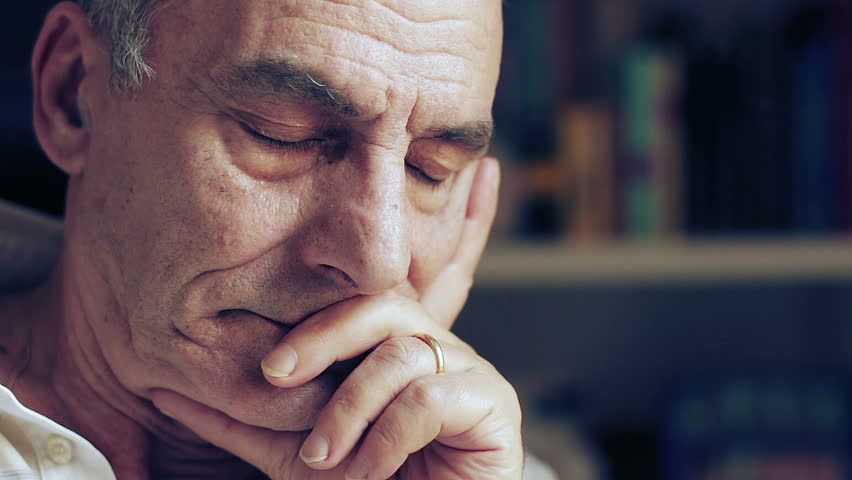
Diagnosed with Cancer? Your two greatest challenges are understanding cancer and understanding possible side effects from chemo and radiation. Knowledge is Power!
Learn about conventional, complementary, and integrative therapies.
Dealing with treatment side effects? Learn about evidence-based therapies to alleviate your symptoms.
Click the orange button to the right to learn more.
- You are here:
- Home »
- Blog »
- side effects ID and prevention »
- Causes of Cancer-Related Fatigue
Causes of Cancer-Related Fatigue

Cancer and medications or treatment procedures have various side effects, including fatigue. It’s the constant feeling of lack of energy or tiredness. Cancer is not the only cause of fatigue, as other health problems like kidney disease, mental issues, and lifestyle factors may also cause it.
Cancer-related fatigue may continue for a long time, even for years, after completing the treatment. Let your healthcare provider know if you suffer from it, so they can find a solution since managing these symptoms is part of the cancer treatment. Although it may not be a severe symptom to some patients, others may find it to have a huge impact on their daily life, including:
- Coping with treatment
- Mood
- Job efficiency
- Social life
- Other activities
Although we know that the disease or its treatments may induce cancer-related fatigue, understanding the specific causes may help manage this side effect. We listed them below for a more thorough comprehension of the condition.
Unhealthy diet
Not having enough nutrients in the body will make it difficult to recover from your treatments, and you will also not have the energy to function. If you have trouble eating due to vomiting, nausea, appetite loss, or taste concerns, which are also common in cancer patients, a professional dietician can help you. They could create a balanced diet that will be easier for you to consume while giving you the nutrients you need. Consider adding turmeric latte to your diet. It’s easy to mix and has health potentials that could benefit you. It has ingredients that help boost energy and relieve pain and inflammation.
Cancer treatments
As mentioned, cancer treatments may cause fatigue. For instance, patients often experience fatigue after chemotherapy, radiation therapy, or immunotherapy. Reserve your energy for the treatment by eating right, drinking plenty of fluids, exercising moderately, and getting as much rest as possible.
Other health conditions
Other health problems may also cause fatigue. You should get a proper diagnosis for the other health conditions and the right treatments to help combat it. Examples are arthritis, kidney problems, and heart diseases.
Lack of sleep
You may be worried and stressed because of your condition, which could cause you to lose sleep. The pain you feel from the disease could also prevent you from getting proper rest. It may also be caused by cancer medications, as some medicines have this effect. Meditation can help relieve stress and worries as it lets you relax and be calm, thus helping you sleep better. Therapy also helps if you find it difficult to manage stress. For medications that greatly affect your sleep, let your doctors know, as they may prescribe other medicines that suit you better.
Pain
Cancer patients may feel constant pain, which could be exhausting. As stated, pain management is part of your treatment, so let your healthcare providers know about it. They may prescribe medication to ease the pain. Take the prescribed dosage at the right time to improve efficacy.
Improve your quality of life by managing fatigue while undergoing cancer treatment. Involve your physicians every step of the way, as they are the best ones to help manage your condition.
As a long-term cancer survivor I can attest to what the post above is saying. Cancer-related fatigue is both a short-term and long-term side effect. I experienced fatigue during and after my chemo and radiation treatments.
David Emerson
- Cancer Survivor
- Cancer Coach
- Director PeopleBeatingCancer

